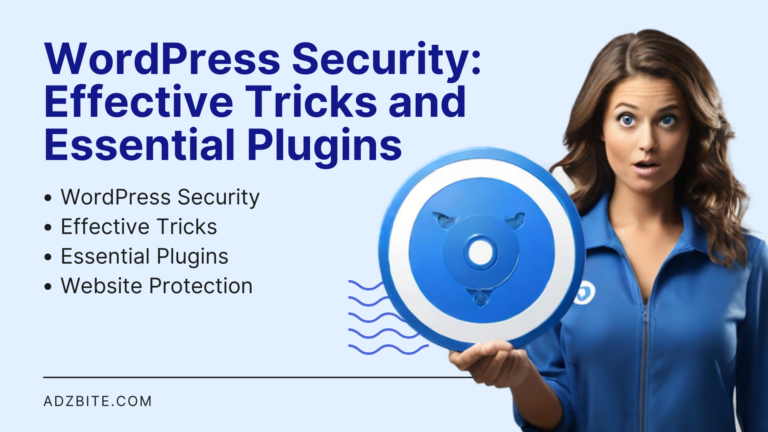WordPress Security: Effective Tricks and Essential Plugins
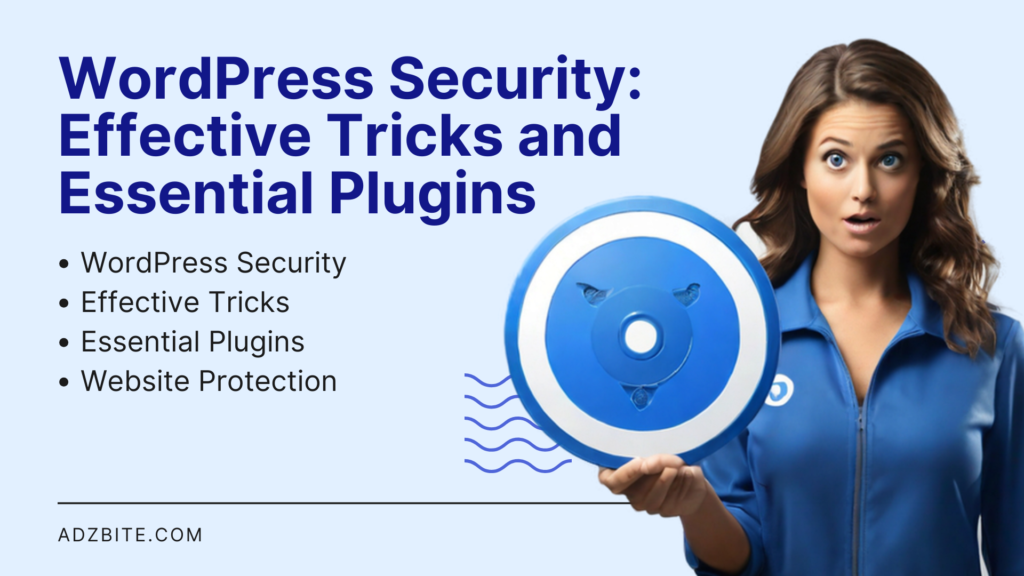
WordPress Security is a critical aspect of managing a successful website. As one of the most widely used content management systems (CMS) globally, WordPress offers flexibility and user-friendliness. However, its popularity also attracts the attention of cyber threats. Ensuring the security of your WordPress website is paramount to protect your data, maintain visitor trust, and safeguard your online reputation. In this blog post, we’ll delve into effective tricks and essential plugins to enhance your WordPress security.
Understanding the Importance of WordPress Security
1. Protecting Sensitive Data
Your WordPress website likely contains valuable information such as user data, login credentials, and potentially sensitive business data. A breach could result in severe consequences, including data theft, financial loss, and damage to your brand reputation.
2. Preventing Unauthorized Access
Hackers often target WordPress sites to gain unauthorized access, leading to defacement, data manipulation, or even complete site takeover. Implementing robust security measures is essential to prevent such incidents.
3. Maintaining Website Availability
Denial of Service (DoS) attacks can disrupt your website’s availability, causing inconvenience to visitors and potentially impacting your business. A secure WordPress site helps mitigate the risk of such attacks.
Effective Tricks to Enhance WordPress Security
1. Keep WordPress Updated
Regularly updating your WordPress core, themes, and plugins is fundamental to security. Updates often include patches for known vulnerabilities, making your site less susceptible to attacks. Remember to backup your site before updates.
2. Use Strong and Unique Passwords
Encourage users to create strong, unique passwords for their accounts. Additionally, consider implementing Two-Factor Authentication (2FA) to add an extra layer of security to the login process.
3. Limit Login Attempts
Brute force attacks rely on multiple login attempts to guess passwords. Use a plugin like Limit Login Attempts Reloaded to restrict the number of login attempts, thwarting potential attackers.
4. Secure File Permissions
Set proper file permissions on your server to restrict access to sensitive files. Directories should typically be set to 755, and files to 644. Avoid using 777 permissions, as they grant unrestricted access.
5. Implement Website Firewalls
Firewalls are vital for monitoring and filtering incoming traffic to your website. Consider using a Web Application Firewall (WAF) plugin such as Sucuri Security or Wordfence to block malicious requests and protect your site.
Essential WordPress Security Plugins
1. Wordfence Security
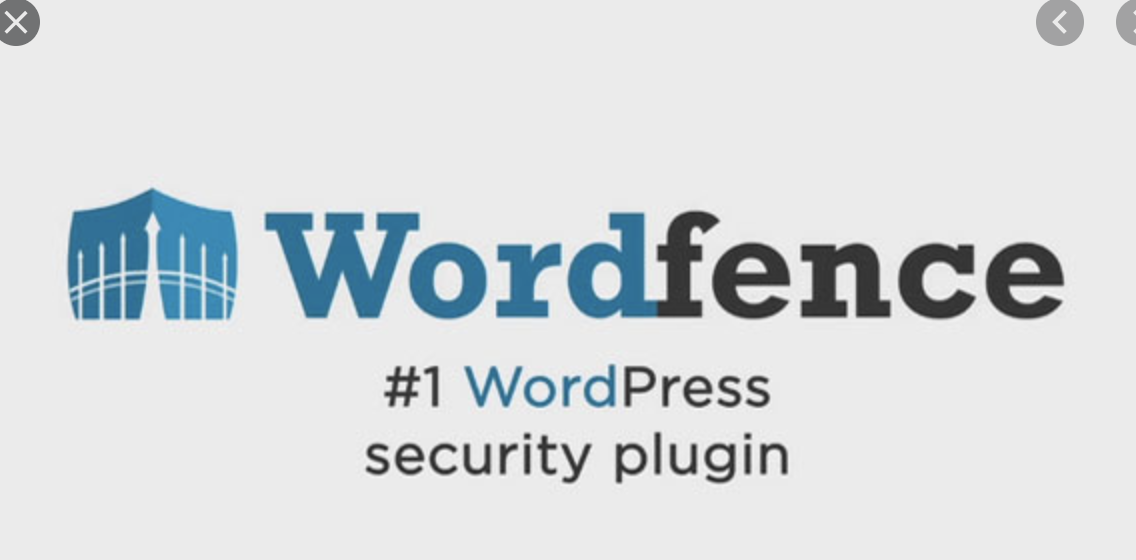
Wordfence is a popular and comprehensive security plugin that offers firewall protection, malware scanning, login security, and more. Its threat intelligence capabilities help identify and block malicious traffic in real-time.
2. Sucuri Security

Sucuri Security provides website security monitoring, malware scanning, and incident response services. It offers a website firewall, integrity monitoring, and post-hack security actions to keep your site secure.
3. iThemes Security
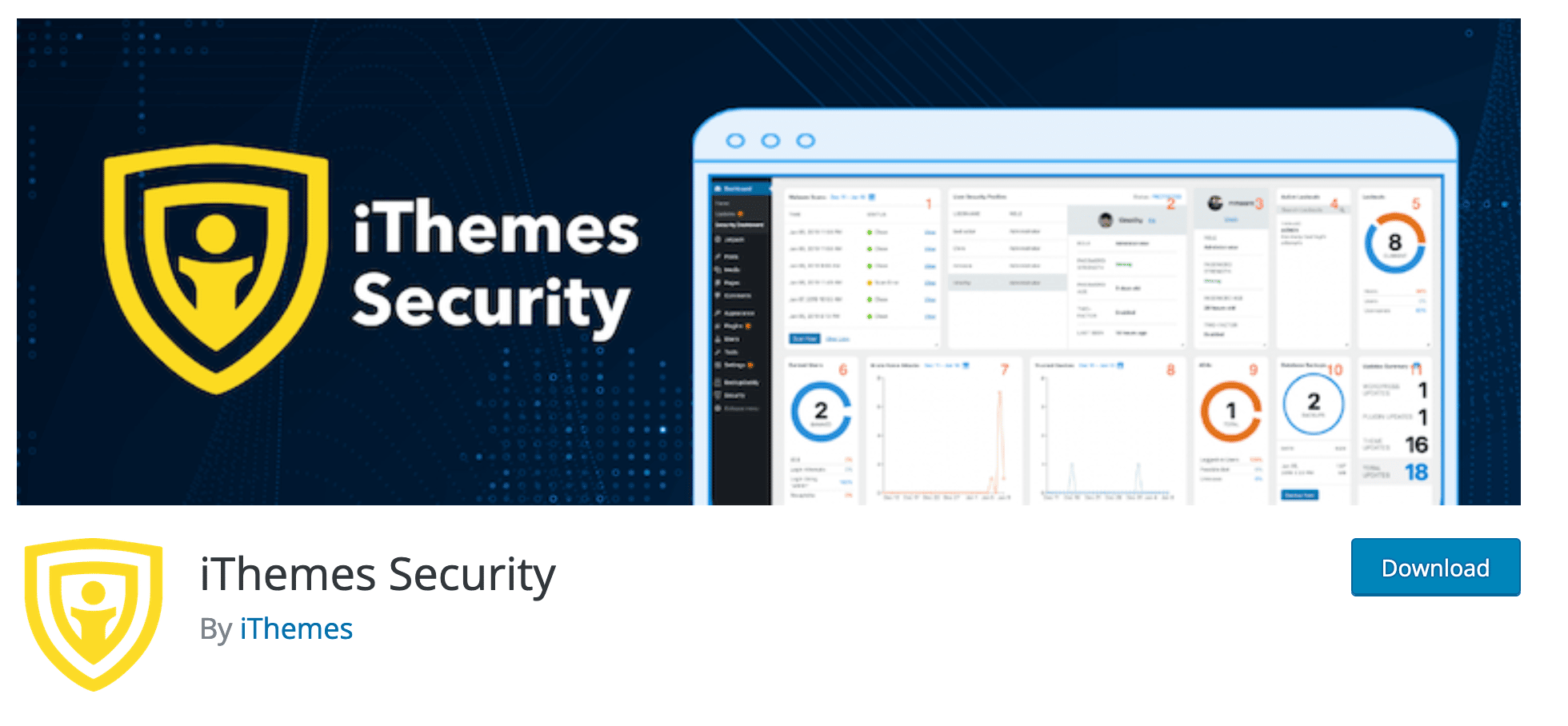
iThemes Security (formerly known as Better WP Security) is a user-friendly plugin with features like brute force protection, file change detection, 404 error detection, and strong password enforcement.
4. All In One WP Security & Firewall
.png)
This plugin offers a user-friendly interface with security features like login lockdown, database security, file system security, and more. It also provides a security strength meter to assess the overall security of your site.
5. MalCare Security
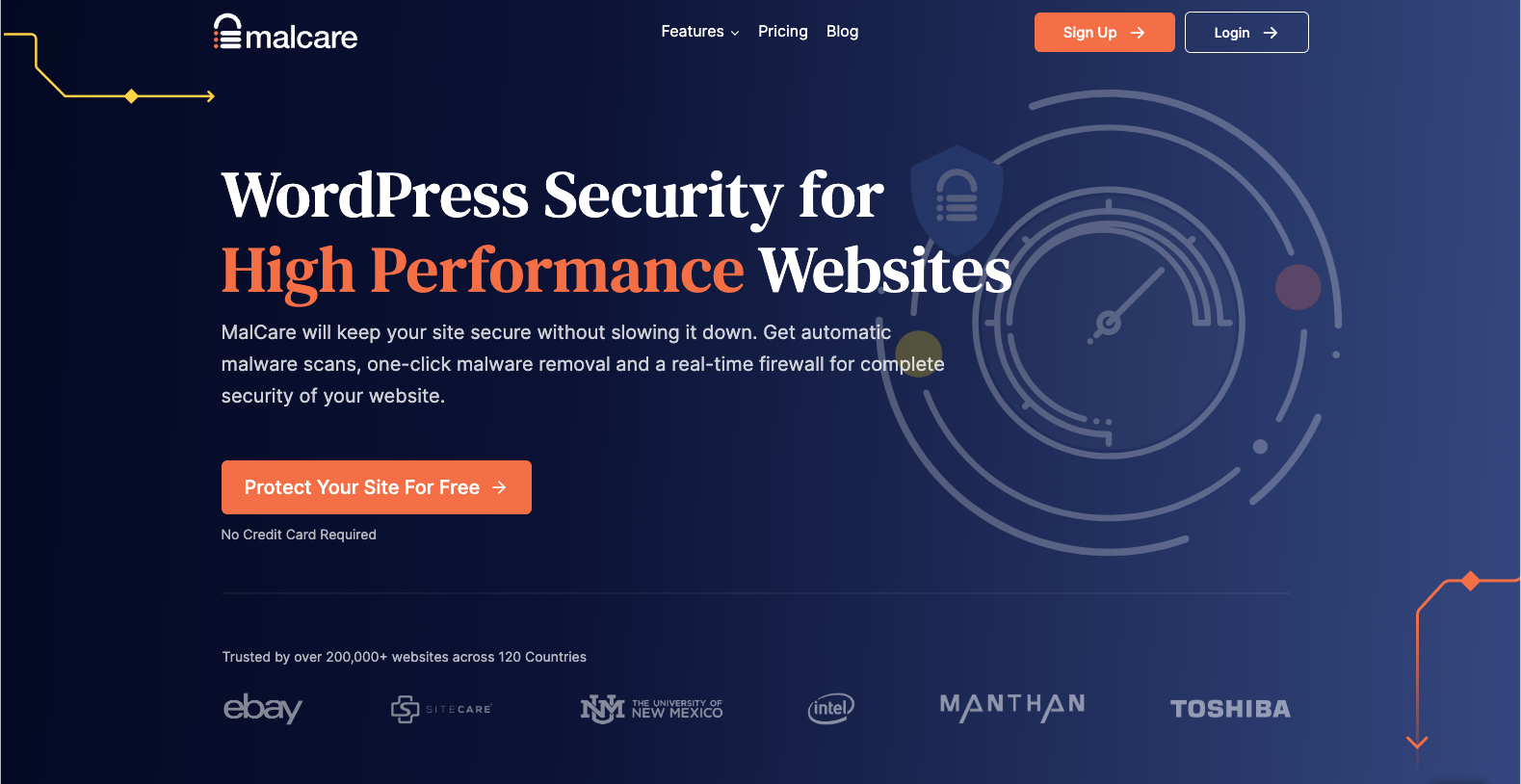
MalCare is a robust security plugin that includes malware scanning, firewall protection, login protection, and website hardening features. It offers one-click malware removal and real-time website protection.
Conclusion
Securing your WordPress website is crucial in today’s digital landscape where cyber threats are prevalent. By implementing the effective tricks mentioned above and utilizing essential WordPress security plugins such as “Wordfence, Sucuri Security, iThemes Security, All In One WP Security & Firewall, and MalCare Security you can significantly enhance your site’s security posture.
Remember, WordPress security is an ongoing process. Stay vigilant, keep your WordPress installation and plugins updated, use strong passwords, and regularly audit your site for vulnerabilities. With these measures in place, you can enjoy a safe and secure WordPress experience for yourself and your visitors.
5 Engaging FAQs About WordPress Security
1. How often should I update my WordPress site and plugins?
- It is recommended to update your WordPress core, themes, and plugins as soon as updates are available. Regular updates help patch security vulnerabilities and keep your site secure.
2. What should I do if my WordPress site is hacked?
- If your site is hacked, take immediate action by isolating the affected site, removing malicious code, and restoring from a clean backup. You can also seek assistance from security plugins like Wordfence or Sucuri Security.
3. Are free security plugins as effective as premium ones?
- While free security plugins offer basic protection, premium plugins often provide more advanced features, dedicated support, and real-time threat intelligence. Depending on your site’s needs, a premium plugin may offer added benefits.
4. How can I perform a security audit on my WordPress site?
- Conducting a security audit involves checking file permissions, scanning for malware, reviewing user permissions, and examining plugin and theme vulnerabilities. Security plugins like iThemes Security and Wordfence can assist in this process.
5. What are the common signs of a hacked WordPress site?
- Common signs of a hacked site include unauthorized user accounts, unexpected changes to content, unusual website behavior, increased server resource usage, and warnings from search engines about malware.





